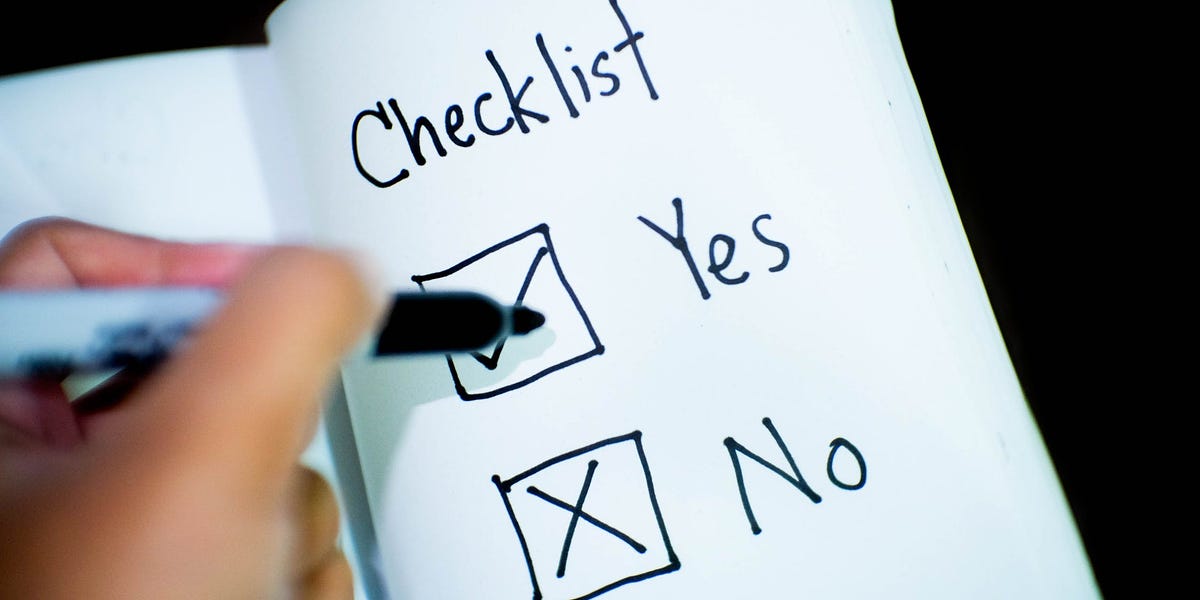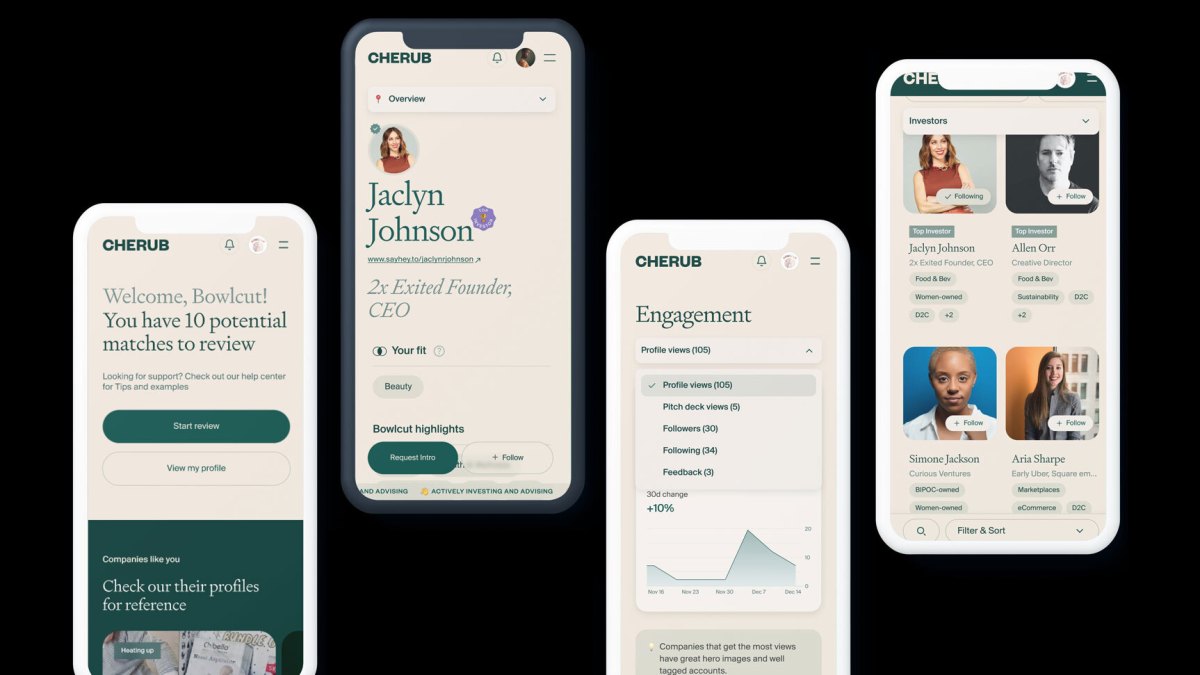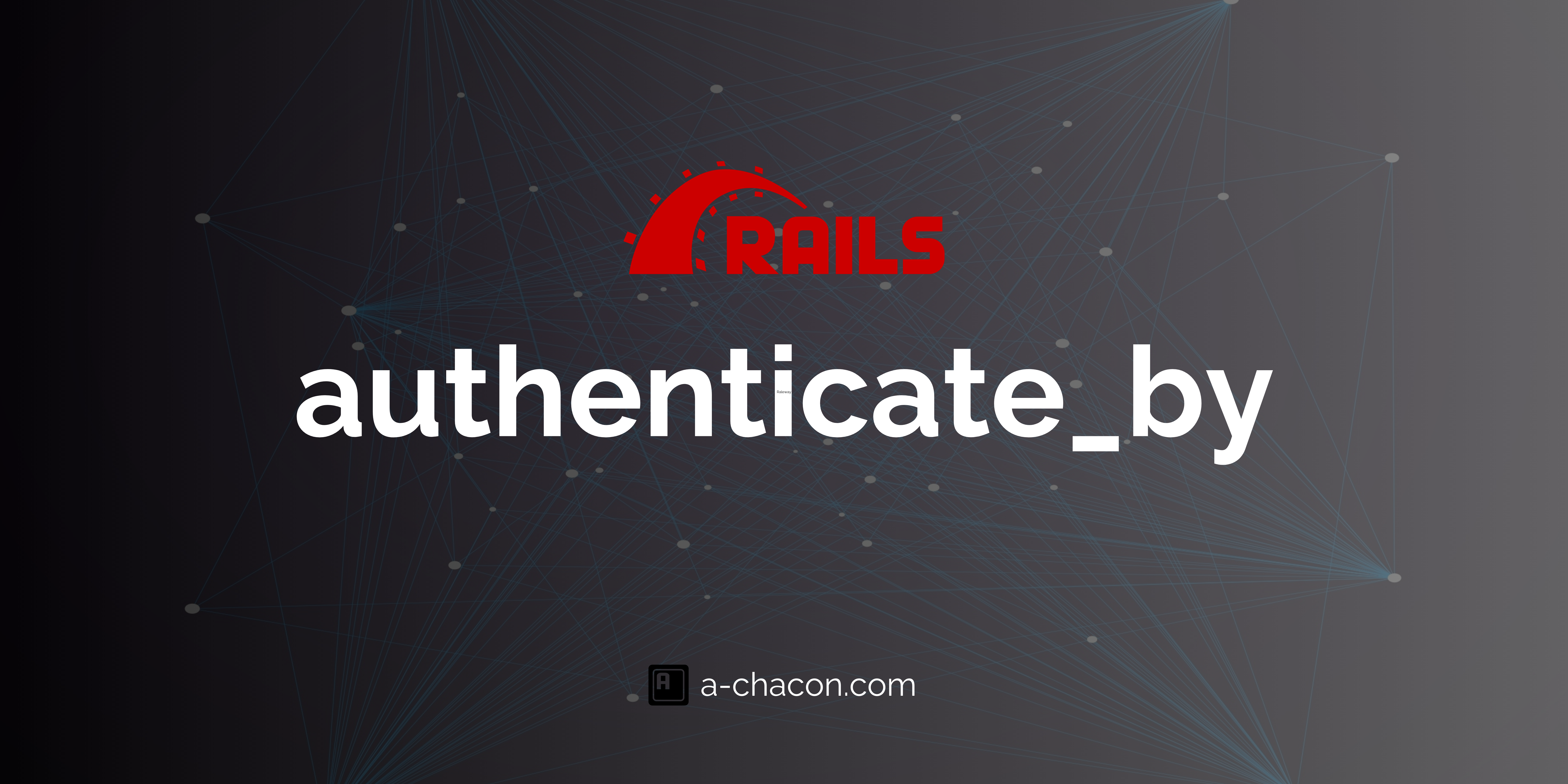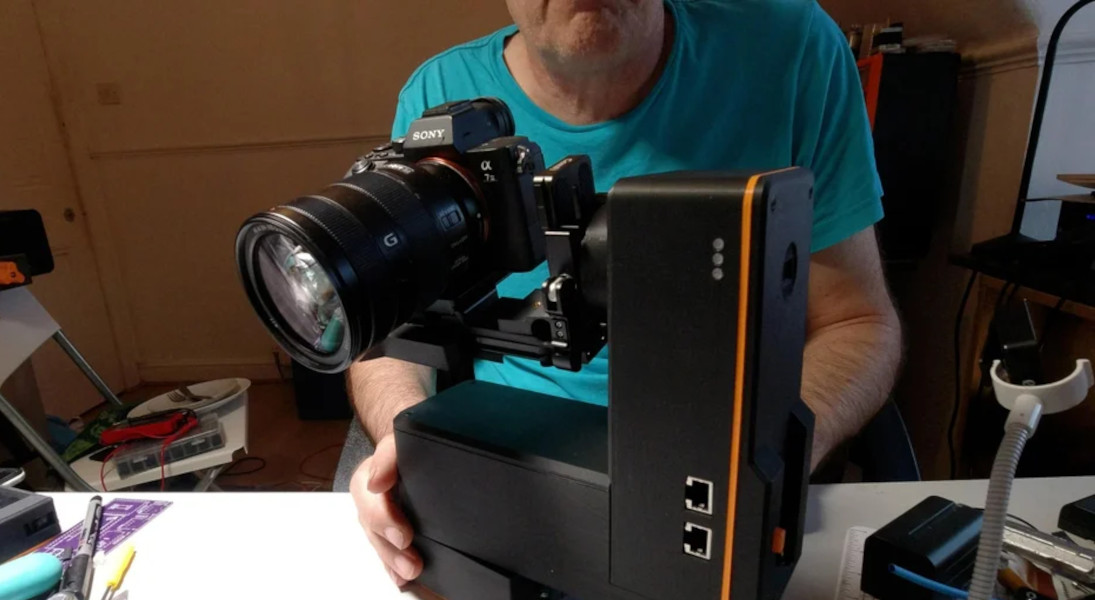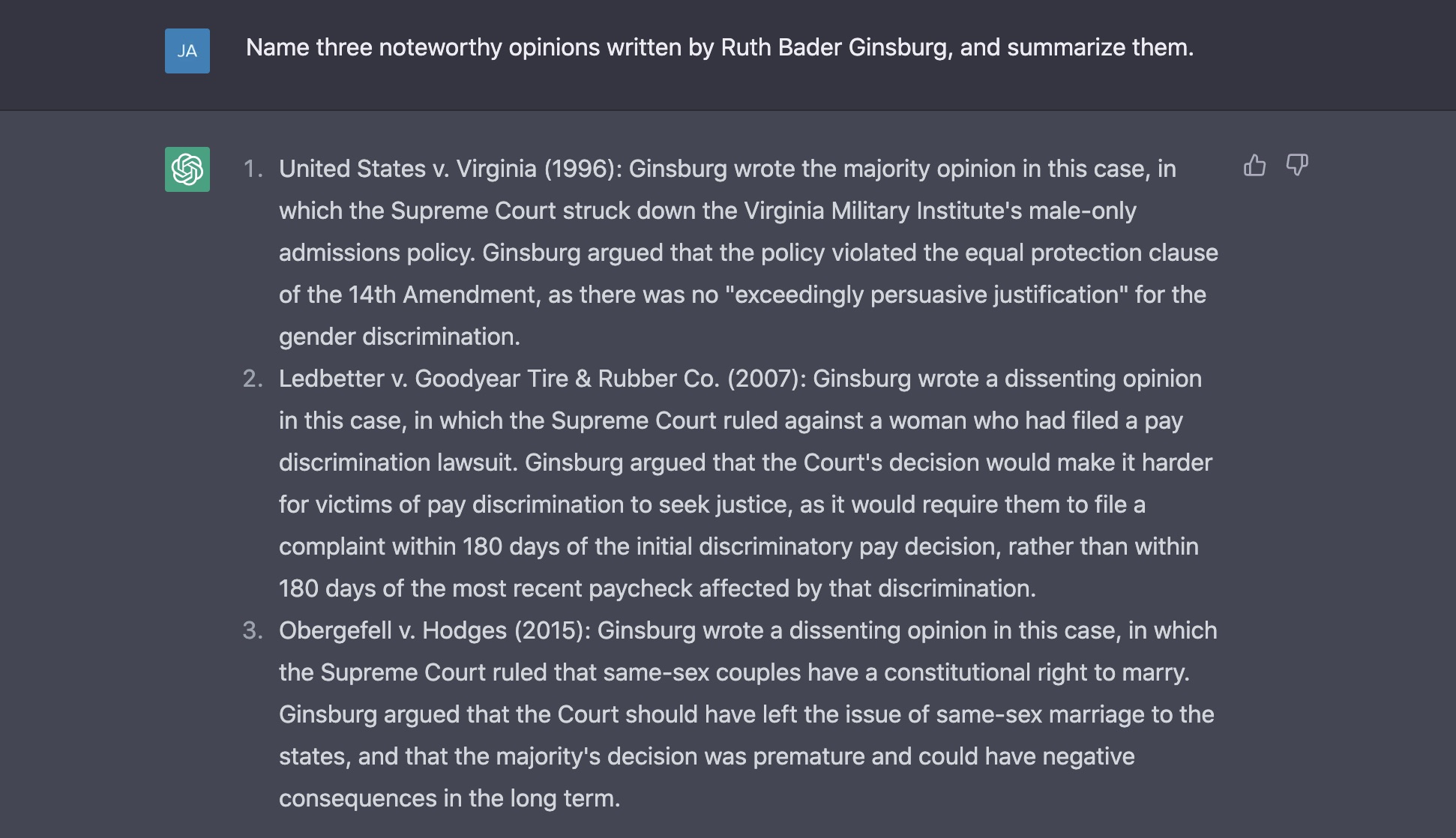
No, Ruth Bader Ginsburg did not dissent in Obergefell — and other things ChatGPT gets wrong about the Supreme Court
When ChatGPT, a cutting-edge artificial-intelligence chatbot, launched in November, it captured the attention of the legal community.
Some lawyers worried that the program — which can generate eerily human-sounding text in response to complex written prompts — would make them obsolete. Law professors discovered that the bot can pass their exams. One CEO offered $1 million to any Supreme Court litigator willing to let ChatGPT argue their case (a prospect both ethically dubious and physically impossible).
Naturally, here at SCOTUSblog, we began to wonder about our own risk of A.I. displacement. Could ChatGPT explain complex opinions? Could it elucidate, in plain English, arcane aspects of Supreme Court procedure? Could it shine a light on the shadow docket or break down the debate over court reform? At the very least, could it answer common questions about how the Supreme Court works?
We sought to find out. We created a list of 50 questions about the Supreme Court and fed them one by one to ChatGPT. The questions covered a range of topics: important rulings, justices past and present, history, procedure, and legal doctrine. Some were requests for basic facts (like Question #3: When does each new Supreme Court term begin?). Others were open-ended prompts that demanded a logical explanation (like Question #36: Why was Anthony Kennedy considered an important swing justice?). Many were inspired by common questions we receive from readers on our live blogs, on Twitter, and on TikTok. The bot has limited knowledge of events after 2021, so we didn’t ask about current cases and controversies.
Leave a Comment
Related Posts

The Supreme Court Has Carved Out One Religious Exemption After Another. The Next May Be A Blow To LGBTQ Rights.
Comment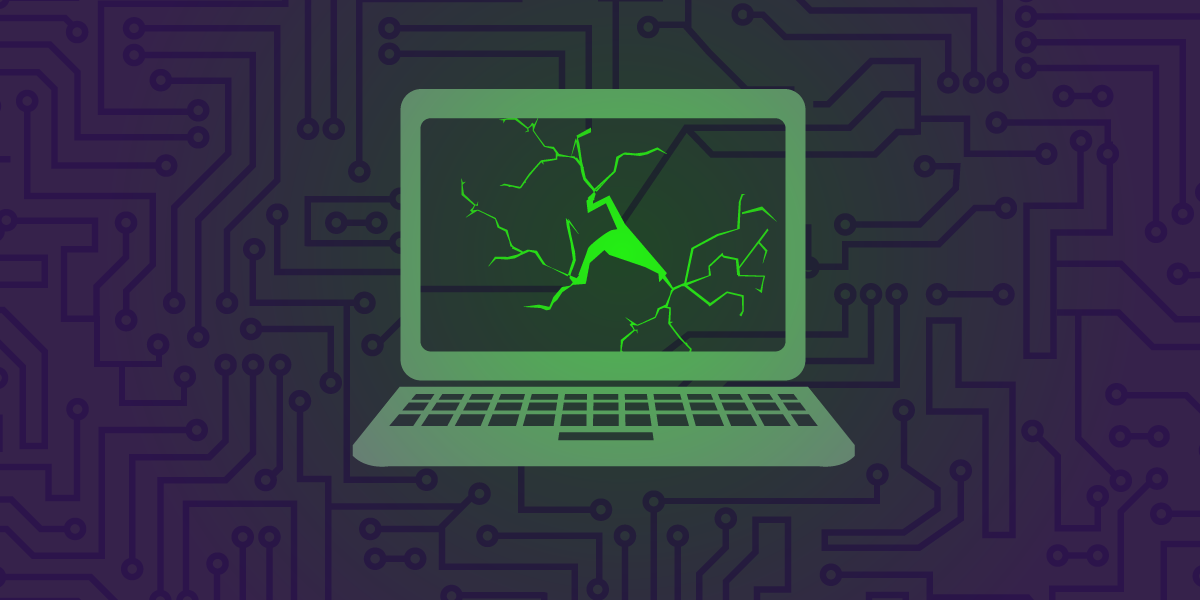






/cloudfront-us-east-2.images.arcpublishing.com/reuters/HLIQQTUKUBPSRDYXRWI3OZP2MQ.jpg)

